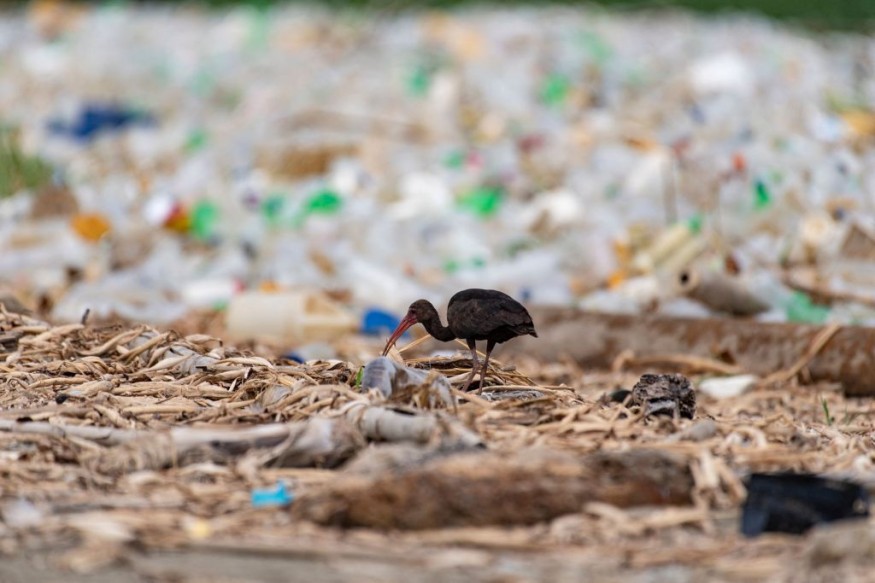
Recent reports showed that plastic pollution significantly impacts oceans and aquatic animals, urging people to avoid throwing or leaving plastic waste near oceans or beaches.
The increasing concerns about plastic pollution have concerned scientists and environmentalists because of the significant impact on many species.
Impact of plastic pollution
In the latest report, the United Nations Environment Programme (UNEP) reported that plastic pollution is a global concern because of environmental and health risks.
UNEP reported that plastic waste reached 7 billion of the said 9.2 tonnes plastic from 1950 to 2017 and became waste.
As plastic concerns continue, pollution will make it more difficult for animals to adapt to their environment.
Recently, Nature Worlds News reported the impact of microplastics on sand properties that could impact the hatchling and nest productivity of sea turtles.
The study was published in the Frontiers in Marine Science. The report explained that microplastics could affect the thermal temperatures of sand, making it difficult for sea turtles.
Furthermore, the report highlighted that sea turtles are known to become sensitive to temperature changes, especially in coastal areas.
Top 4 plastic waste found on beaches
According to a Newsweek report, about 14 million tons of plastic waste could be found in oceans. As a result, people volunteered in the International Coastal Cleanup project to help address the problem of plastic pollution.
The report explained that they collected about 350 million pounds of plastic globally, especially on beaches.
The initiative would help reduce the problem of plastic pollution and save marine species from consuming plastic waste.
Based on the report in Newsweek, the Ocean Conservancy report showed plastic waste, including found cigarette butts, food wrappers, beverage bottles, bottle caps and plastic bags.
Furthermore, beachgoers should refrain from throwing garbages and plastic waste on oceans, as the report noted the effect on animals in coastal areas.
The report showed cigarette buds topped in plastic waste, with 59,398,908 pounds consumed by beachgoers in coastal areas.
Food wrappers also ranked in the list, reaching 28, 445,467 pounds. Beverage bottles recorded 21,810,732 pounds, while plastic bags were 21,538,320 pounds.
The results showed that beachgoers enjoying or visiting coastal areas used the plastic waste found.
Plasticosis impact on seabirds' digestive systems
In the previous report published in the Journal of Hazardous Materials, the study noted the harmful effect of plastics on animals' digestive systems, which about 1,200 marine species suffered from plastic waste consumption.
Moreover, the researchers explained that the flesh-footed shearwaters on Australia's coast are impacted by plastic pollution.
The report showed that plastic waste could result in tissue damage, behavioral changes and reduced growth of birds.
Seabirds would find it more difficult to survive because their digestive systems are damaged, and they could likely suffer from starvation.
Related Article : Plastic New Disease 'Plasticosis' Causes Serious Damage to Seabirds' Digestive Systems
For more similar stories, don't forget to follow Nature News.
© 2025 NatureWorldNews.com All rights reserved. Do not reproduce without permission.





